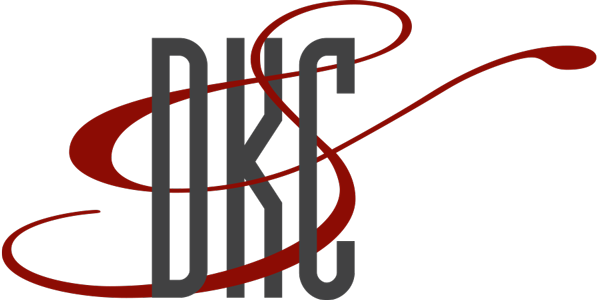Consolidated Appropriations Act, 2021
On December 27, 2020 President Trump signed The Consolidated Appropriations Act, 2021. This Act includes extensions on some of the provisions of earlier COVID-19 relief bills and initiates a second round of stimulus payments to taxpayers. The Consolidated Appropriations Act provides additional loans for businesses under the Paycheck Protection Program, funding for virus testing and vaccines, and offers $300 a week in unemployment payments. We have provided a brief summary of a few relevant items below:
Stimulus Checks
The Act allows for a payment to eligible taxpayers of $600 per individual and $600 per dependent child. The payment begins to phase out for individuals with 2019 adjusted gross income exceeding $75,000 (or $150,000 for people that are filing jointly). Some individuals who received the payments in the Spring of 2020 might not be eligible for the second round of stimulus checks. The main reason for the inconsistency is that for some individuals, their 2018 tax year information was used to determine eligibility in Spring of 2020 as their 2019 returns had not been filed or processed yet. Someone who had an increase in income from 2018 to 2019 may not be eligible for the second round of payments or will receive a lower amount.
PPP Loans and Related Business Expenses
Included in the new Act are clarifications from the previous COVID-19 related programs. One important detail is the clarification that business expenses paid for with the proceeds of a forgiven Paycheck Protection Program loan are deductible in the year incurred. Originally, the IRS did not allow for such expenses to be deductible. The new Act further allows for the forgiveness of Economic Injury Disaster (EIDL) loans to be excluded from taxable income.
This Act paves the way for a second round of PPP Loans to be issued to qualified business owners. Businesses will be eligible for a “PPP second draw” loan of no more than $2 million if they:
- Have 300 or fewer employees
- Have used or will use the full amount of their first PPP loan and
- Demonstrate at least a 25% reduction in gross receipts in a 2020 quarter as compared to the same 2019 quarter
Borrowers generally may receive a loan amount up to 2.5 times the average monthly payroll costs of the year prior to the loan or calendar year. Further guidance on this program will be issued by the SBA and related banks shortly.
Business Meals Deduction
In an effort to boost the dining industry, the Act includes a temporary return of the business deduction for meals for the tax years of 2021 and 2022 only. Over the last thirty years, the deduction for business-related meals had been reduced to only 50% deductibility. The new law allows for businesses to deduct the full cost of meals, including beverages, provided by a restaurant.
Payroll Tax Deferrals
Beginning September 1, 2020 employers were allowed to defer their employee’s share of payroll taxes through December 31, 2020. They then had to pay the payroll taxes deferred back ratably after December 31st through April 31, 2021. The new Act extends the payback period to December 31, 2021.
As you may have read the text of this Act amounted to over 5,500 pages and includes many other provisions. Our brief summary has only highlighted some of the areas that we feel are the most pertinent to our client base. If you have any questions about how any of these changes may affect you or your business, feel free to reach out to your DKC representative.



